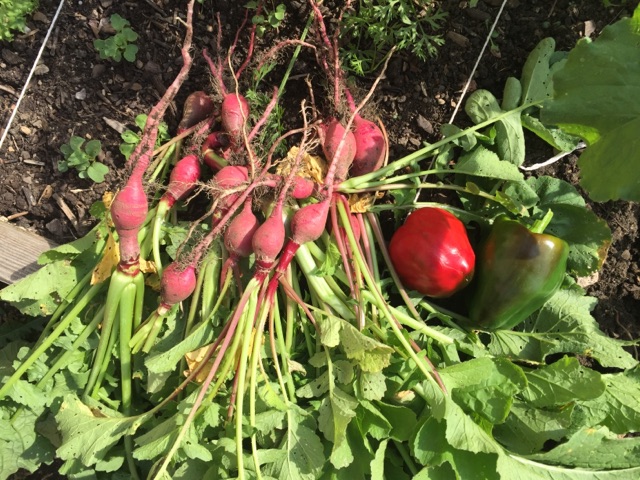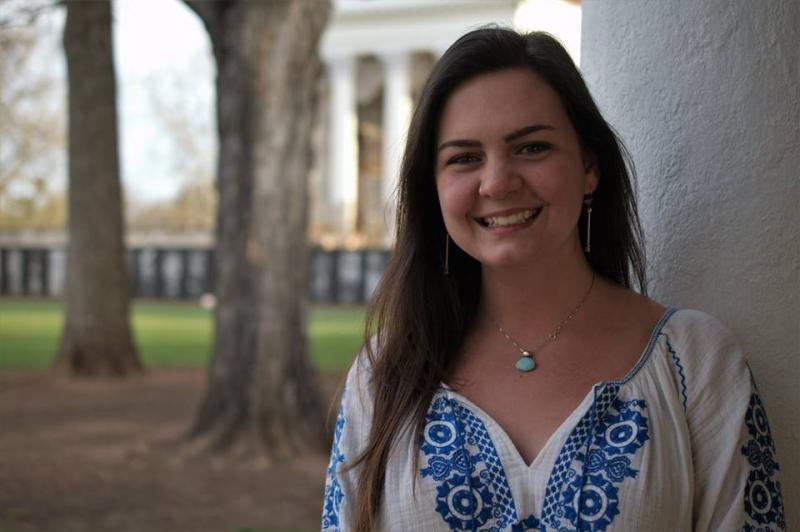Culture, Food, and Community

Heartland Health Cetner provide comprehensive primary care, oral health care, and mental health services to a multitude of patients residing in the north side of Chicago. Our center on Devon and our school-based clinic in Nicholas Senn High School serve residents of both the Edgewater and Rogers Park neighborhoods. Our patient demographics reflect the diversity of the community with an array of backgrounds--including Ethiopians, Eritreans, Somalis, Southeastern Europeans, as well as people from India, and some Caribbean and Latin American countries.
As a Health Educator at both sites I provide one-to-one nutrition counseline with patients that vary in demographics, culture, and health literay. Before my service began, the alumni panel that spoke to us during Pre-Service Orientation (PSO) emphasized the importance of getting to know the community that we're serving. Following that advice, I did a community mapping activity to gain an understanding of the resources available in the community. I took into account the number of grocery stores, parks, public transit options, types and price of different foods, gyms, etc. so that the advice I give the patients would be compatible with what's available to them. Additionally, Heartland strives for culturally competent care--also emphasized in trainings during PSO--by providing interpretation services that are available in over 35 languages. This ensures that our patients are able to clearly communicate their needs and receive all the information they need in a way that is understood.
During this past month of service, I have realized the benefit of that community mapping activity. Health education goes far beyond just dissipating information to patients; factors such as food insecurity, availability of an access to healthy food options, the relationship between culture and food, different understandings of health, as well as time and space to exercise all impact the feasibility of adapting the healthy practices our training encourages.
My experience thus far has shown me that to be an effective health educator, collaboration and communication are key. I have to go beyond the general questions regarding what patients eat, and work to understand how their cultures may influence their food choices or understanding about what being healthy means, as well as any barriers they may face to adopting healthy lifestyle changes.

This blog post was written by NHC Chicago 2017-18 member Madeline McGovern.
Madeline is a Health Educator at Heartland Health Centers - Senn/Devon